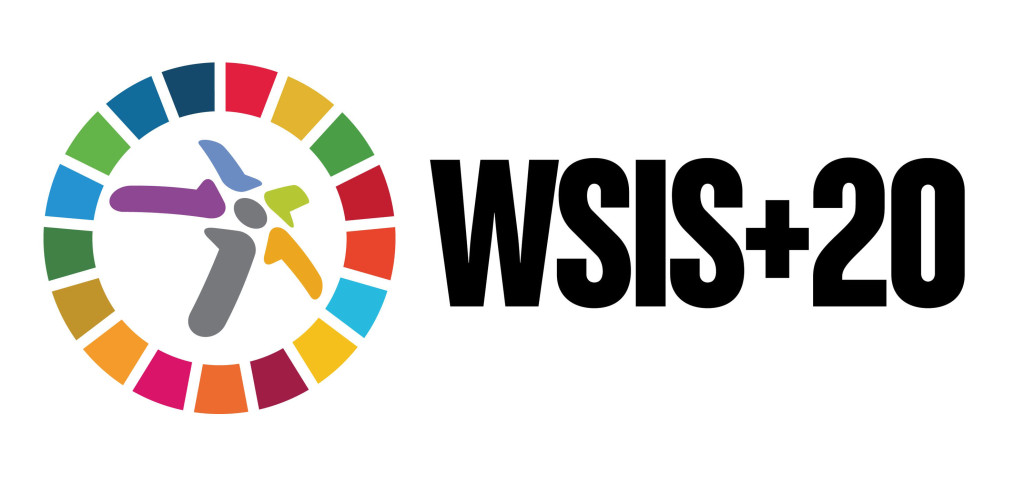ARTICLE 19 urges stronger human rights safeguards in WSIS+20 outcome document
In its official submission to the WSIS+20 zero draft, ARTICLE 19 calls for clearer human rights obligations, stronger accountability for both states and companies, and greater inclusion of civil society in shaping the future of global digital governance.

On 3 October 2025, ARTICLE 19 published detailed comments on the zero draft of the World Summit on the Information Society (WSIS)+20 Outcome Document, a key text that will guide the next phase of global digital cooperation. The organisation, which has been active in the WSIS+20 review process through consultations, the Internet Governance Forum (IGF), and various coalitions, welcomed the overall structure of the draft but proposed significant amendments to strengthen its human rights commitments.
According to ARTICLE 19, the zero draft is a strong foundation because it reaffirms the principles of multistakeholder participation, digital inclusion, and accountability, and places the process firmly within international human rights law. The group supports the proposal to make the Internet Governance Forum a permanent platform and to align the WSIS framework with the 2030 Agenda for Sustainable Development and the UN’s Global Digital Compact.
At the same time, ARTICLE 19 warns that these principles must be explicitly preserved throughout the negotiation process. The organisation highlights eight priority areas that should remain unchanged, including the recognition of international law, gender equality, human rights in the digital environment, and the open and global nature of the internet. It also stresses the importance of aligning WSIS outcomes with other UN digital initiatives to ensure a coherent international framework.
A major part of ARTICLE 19’s input focuses on strengthening the language of the draft. It proposes clearer references to international human rights law, particularly in sections dealing with digital public infrastructure, data governance, and artificial intelligence. The organisation calls on states to refrain from using or developing digital technologies that cannot be operated in compliance with human rights obligations and urges the inclusion of safeguards such as privacy-by-design, data minimisation, and independent oversight mechanisms.
In its comments, ARTICLE 19 also pays close attention to the issue of digital divides, particularly gender and disability gaps. It recommends that member states adopt measurable actions to ensure meaningful connectivity, affordability, and access to digital skills for all. The group supports community-based and non-profit models of connectivity and warns that market-led approaches alone can deepen inequalities, especially in low-income regions.
The submission includes specific proposals to address online surveillance, censorship, and internet shutdowns. ARTICLE 19 calls on governments to ban practices that restrict the free flow of information, including blocking or throttling online content, and to ensure that any limitations on freedom of expression meet international standards of legality, necessity, and proportionality. It also calls for strict regulation of surveillance technologies, facial recognition, and biometric data collection, alongside stronger protections for journalists, human rights defenders, and media workers.
On artificial intelligence, ARTICLE 19 recommends language that explicitly applies international human rights law to the entire lifecycle of AI systems – from design to deployment – and calls for the prohibition of AI applications that pose undue risks to fundamental rights. It further supports creating research programmes in the Global South to address gender imbalances and ensure equitable access to AI development.
Finally, the organisation welcomes the recognition of the multistakeholder model of internet governance but insists on improving transparency and participation in negotiations. It supports closer coordination between national and regional Internet Governance Forums and the global IGF, alongside sustainable funding for the IGF Secretariat.
Overall, ARTICLE 19’s submission positions the WSIS+20 process as an opportunity to reaffirm that digital transformation must be built on universal human rights, inclusive governance, and global cooperation. The organisation calls on UN member states to ensure that the final outcome document moves beyond principles to include practical and enforceable commitments that protect people’s rights in the digital age.


